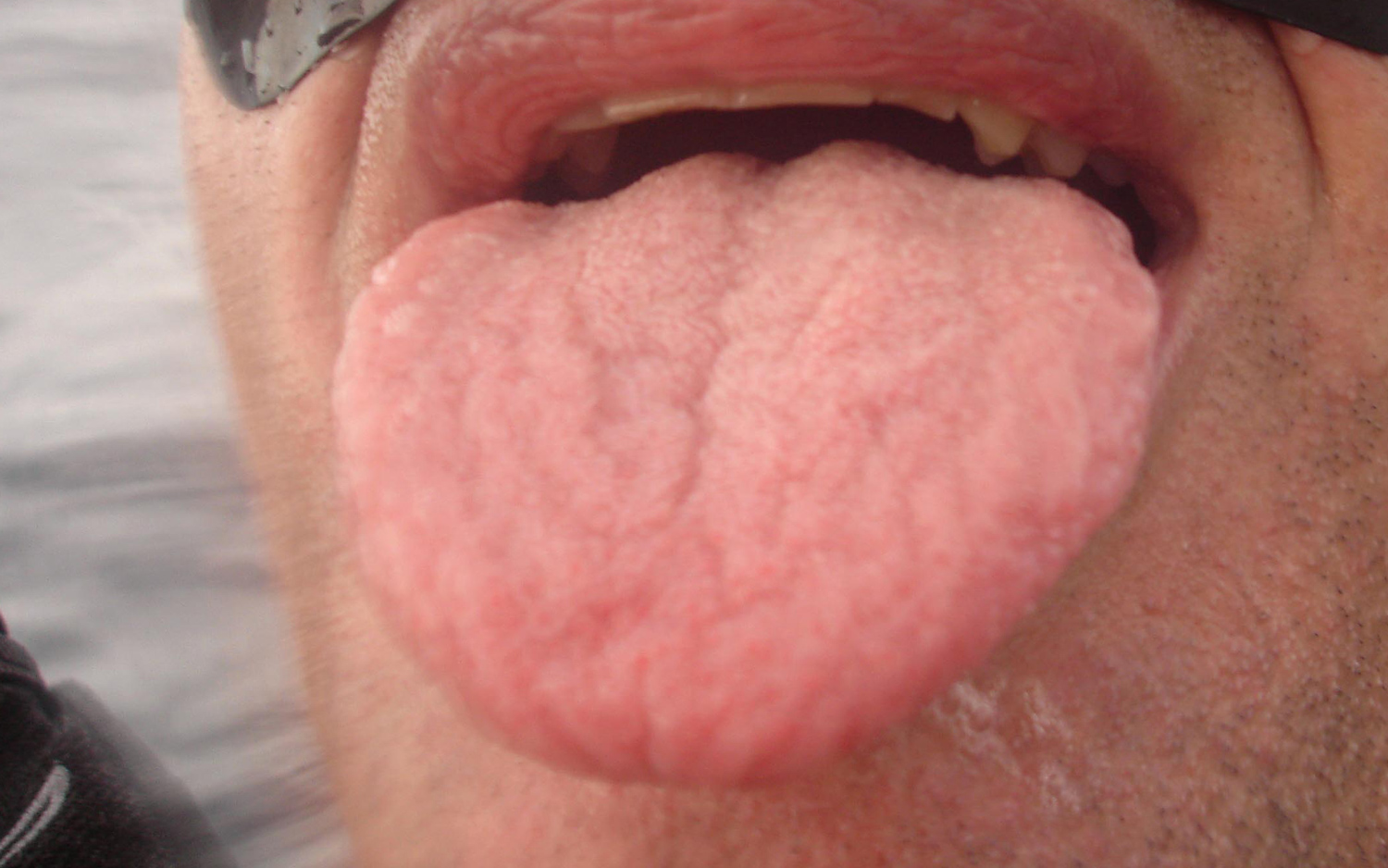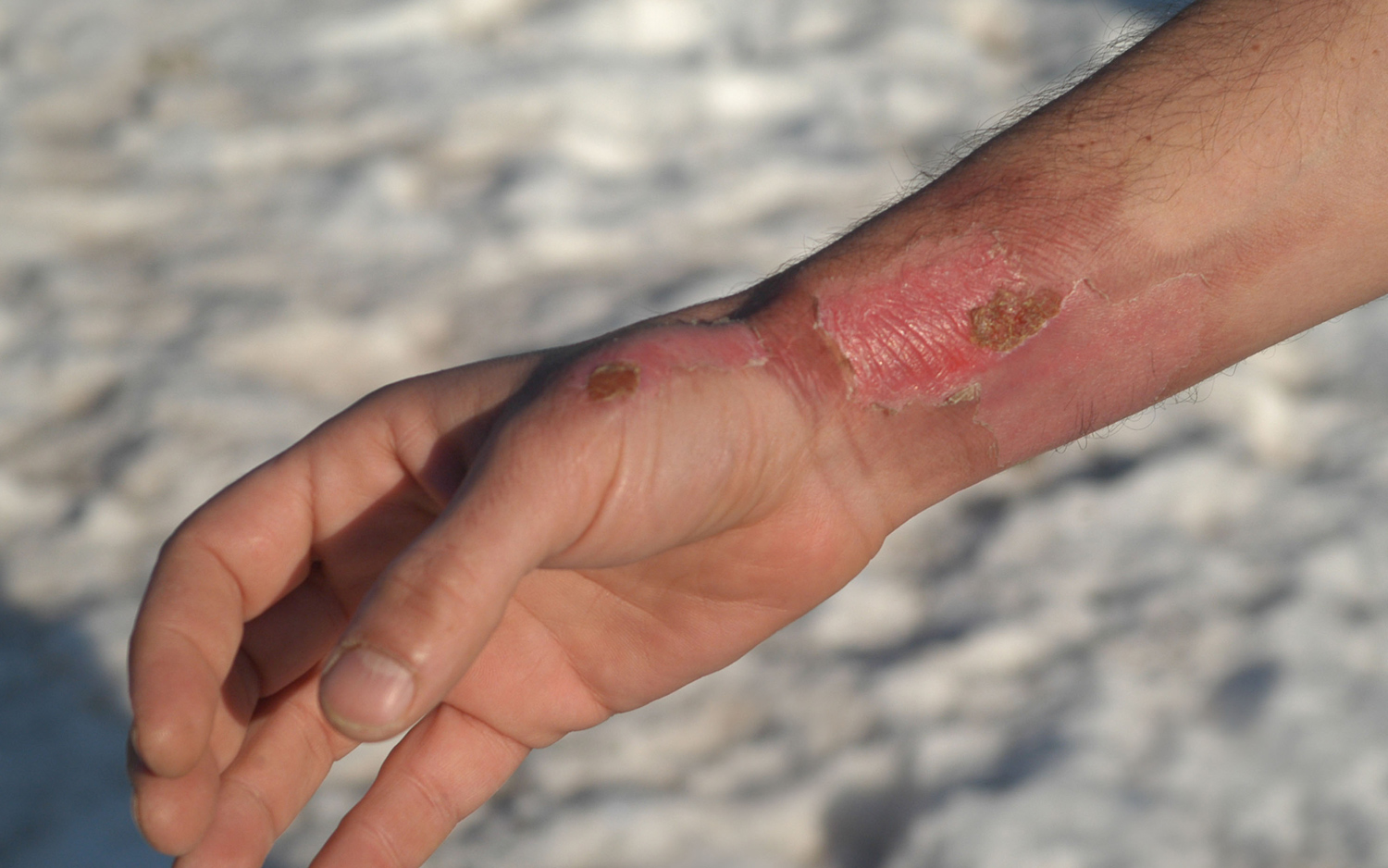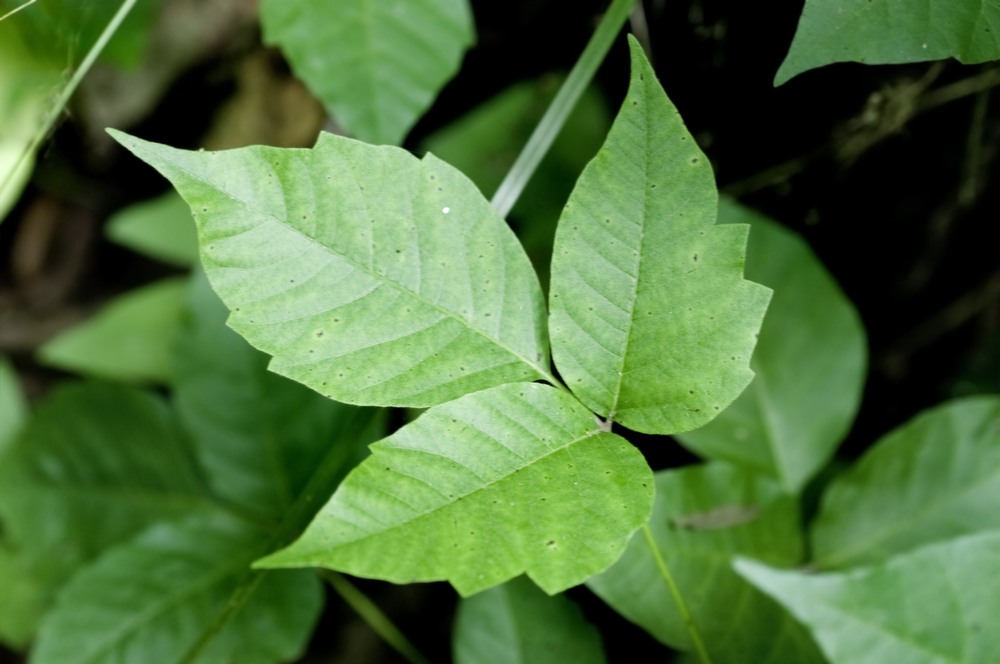7 Strange Signs You're Having an Allergic Reaction
Signs of a reaction

Dealing with allergies is tough. More than 50 million Americans have some type of allergy, according to the American College of Allergy, Asthma and Immunology. Most of the time, the body responds to outdoor and indoor allergens with mild reactions, such as a runny nose or sneezing. Sometimes, the reaction is more severe, such as stomach cramps, dizziness or difficulty breathing. But some people with allergies react in more unusual ways. Here are 7 particularly strange symptoms people have developed during an allergic reaction.
An odd, itchy rash

An 11-year-old boy developed an itchy rash on his abdomen and under his wristwatch a week after he was fitted for his braces, according to a 2004 case report published in the journal Dermatitis. It turned out, the boy was allergic to the nickel in the braces. The silver-colored metal is often mixed with other metals and is found in coins, jewelry eyeglass frames, key and home fixtures. Nickel is also the most common metal that people have allergic reactions to, and it's known to cause a red, itchy, bumpy rash.
Skin tumors

Some people who get permanent tattoos develop strange skin growths. In 2008, University of Maryland researchers reported a case of a 38-year-old man who developed a skin tumor one month after getting a tattoo. In another study, published in 2010 in the Journal of Cutaneous Pathology, researchers analyzed eight people of tattoo-related skin tumors, and found that red tattoo ink was associated with most of the skin tumors. Experts say the skin recognizes the red ink as a foreign substance, and triggers an immune response.
Blisters, hives and swollen skin — from the sun

There are people who are allergic to the sun and experience symptoms such as blisters, hives and swelling of the skin when they're exposed to it. According to a 2011 study from researchers in Germany, about 10 to 20 percent of people in Europe, United States and Scandinavia suffer from a sun allergy. The abnormal reaction to sunlight is usually due to ultraviolet rays, according to the Mayo Clinic.
Black spots on the skin

An itchy rash may be a common allergic reaction to poison ivy or poison oak, but there are also rare cases where people develop black spots, according to a 2008 study published in the journal Dermatitis. Black shiny deposits form on the skin and clothing when a high amount of resin, the toxic plants' oily secretion, is exposed to the air. The researchers said the spots eventually peel off, and the skin heals without scarring.
Swollen tongue

People who have hay fever might have something besides hay itself to worry about: Some fruits and vegetables contain proteins similar to those found in hay pollen. They can cause allergies symptoms such as itchiness or swelling of the mouth, face, lip, tongue and throat. Known as oral allergy syndrome, the condition occurs when the immune system behaves as though the protein found in some fruits and vegetables and the pollen in the air are the same. The syndrome affects up to one-third of allergy sufferers and can occur at anytime, according to the American Academy of Allergy, Asthma and Immunology.
A bright red butt

People exposed to certain metals, medications and plants or herbs, can develop Baboon Syndrome. That's right, the condition means developing a bright red rash, primarily on the butt, closely resembling a baboon's butt, according to research reports. The red rash can appear on the anus, genitals and inner thighs, and can be itchy and painful, but the syndrome doesn't pose any serious health risks. Exposure to metals such as mercury, gold and nickel, can trigger a reaction, according to 2011 review in the American Journal of Clinical Dermatology. Recent studies have shown that antibiotics and antibacterials administered by mouth, intravenously or on the skin can also trigger the reaction.
Shortness of breath — thanks to onions?

When you think of a physical reaction to onions, teary eyes probably come to mind.
But an onion farmer in Japan developed a cough and shortness of breath after spending too much time around the root veggies, according to a 2018 case report published in the journal Respiratory Medicine Case Reports.
It turned out that the man had allergy to a type of mold, called Aspergillus niger, that was growing on the onion peels. The mold can cause a condition called hypersensitivity pneumonitis, which occurs when the tiny air sacs in the lungs, known as alveoli, become inflamed.
The man's symptoms went away when he wasn't at work, and he was advised to wear a thick filtered mask while working with onions.
Originally published on Live Science.
Sign up for the Live Science daily newsletter now
Get the world’s most fascinating discoveries delivered straight to your inbox.











